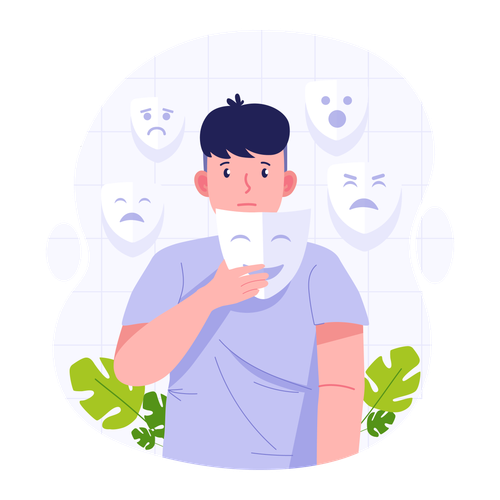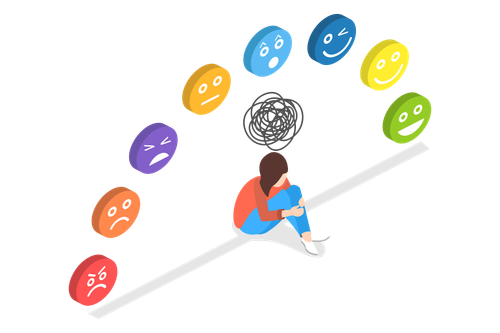Depression, often called major depressive disorder, is a widespread and serious mental health condition that can deeply affect your life. It’s more than just feeling sad—it’s marked by lingering feelings of hopelessness and an inability to find joy in activities that once brought happiness. If you or someone you know is struggling, it’s important to understand that this is a common experience that many people face at some point in their lives. Symptoms of depression can vary from person to person, but they often include overwhelming fatigue, changes in appetite or sleep patterns, difficulty focusing, and feelings of guilt or worthlessness. In some cases, people may even have thoughts of death or suicide. It’s completely normal to feel frustrated when you can’t pinpoint a reason for your sadness, and it’s easy to fall into the trap of thinking, “I shouldn’t feel this way or others have it worse.” Depression can affect anyone regardless of gender, age, ethnicity, or socioeconomic status. While it is natural to experience sadness from time to time; what sets depression apart is how it lingers for weeks or even months, often without an obvious cause, making it difficult to cope with day-to-day life. The good news is that with the right care and support, many people can manage their depression and find fulfillment in their lives. There are effective treatments available that can help alleviate the symptoms. Common symptoms of depression may include:

Decreased enjoyment or no enjoyment in activities that you used to enjoy (anhedonia). Difficulty thinking, focusing, or making decisions.Feelings of worthlessness or excessive guilt almost every dayThoughts of death or suicidal ideation.
Low mood for most of the day, nearly every day
Lack of motivation
Irritability

Sleeping too much, to little, or having difficulties with sleep quality. Difficulties initiating or falling and staying asleep.
Increased or decreased appetite leading to changes in weight
Increased body agitation such as fidgeting, issues sitting still, or tapping feet. Others may have noticeably slower movement or speech.
Feeling tired or having low energy almost every day.
PainChanges in activity levels
Sexual dysfunction
When you’re facing the challenges of depression, it’s all too easy for self-care to fall by the wayside, and even the simplest tasks can feel like insurmountable obstacles. During these tough times, setting small, achievable goals—even when motivation seems out of reach—can truly make a difference. It’s important to recognize and celebrate those tiny victories, whether it’s taking a shower, preparing a healthy meal, going for a short walk, or spending quality time with loved ones or pets. These small moments can bring a sense of accomplishment and connection, which can be incredibly valuable. Cognitive Behavioral Therapy (CBT) is one of the most common therapeutic approaches for treating depressive disorders, but there are other meaningful options too.
Acceptance and Commitment Therapy (ACT), Dialectical Behavior Therapy (DBT), Solution-Focused Brief Therapy (SFBT), and Mindfulness practices can also offer support on this journey. If your anxiety is tied to past trauma, techniques like Eye Movement Desensitization and Reprocessing (EMDR) or Accelerated Resolution Therapy (ART) may provide some relief. It’s also important to acknowledge that struggles with addiction can happen alongside depression. Remember, you are not alone in this, and we’re here to help you find the resources that can make a difference.
Your mental health journey starts here.